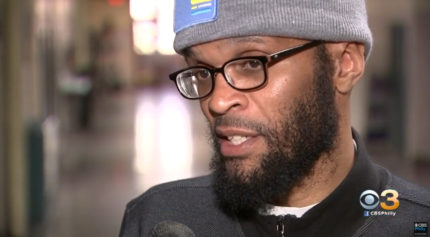After statistics regarding the New York Police Department’s stop-and-frisk program were made public two weeks ago, city officials have found themselves under increasing scrutiny, forcing NYPD Commissioner Raymond Kelly to address the problems with the City Council. Kelly put forth measures to better control the program which targets a large majority of minority men in its stops. Reinforcing a ban on racial profiling was at the heart of Kelly’s proposal, but he did not suggest a direct deterrent to the rising number of stops seen over the past few years.
The entire issue was at the center of a New York Times editorial entitled “How to End Stop-and-Frisk Abuses” that compared New York City’s predicament to that of Philadelphia. Two years ago, Philadelphia’s stop and frisk policy was at the center of a class-action suit against the city. Filers stated that the policy supported racial discrimination and violations of the Fourth Amendment, which guarantees freedom from unreasonable searches and seizures. As a result of the high-profile case, the city settled the lawsuit, and put immediate reforms in place to repair the practices of the police department.
Last Wednesday, a lawsuit against the NYPD gained class-action status as well, in a ruling by federal Judge Shira A. Scheindlin. This suit was originally filed in 2008 on behalf of four accusers. “The vast majority of New Yorkers who are unlawfully stopped will never bring suit to vindicate their rights,” Judge Scheindlin wrote. Whether or not New York will respond to the class action suit as strongly as Philadelphia remains to be seen.
Kelly seemed indifferent to the ruling at a news conference, offering only, “It is what it is.” What it is seems to be the concern of many of the city’s citizens, and its mayoral candidates. The reform of New York’s stop-and-frisk program will be a topic of discussion in both political and minority

